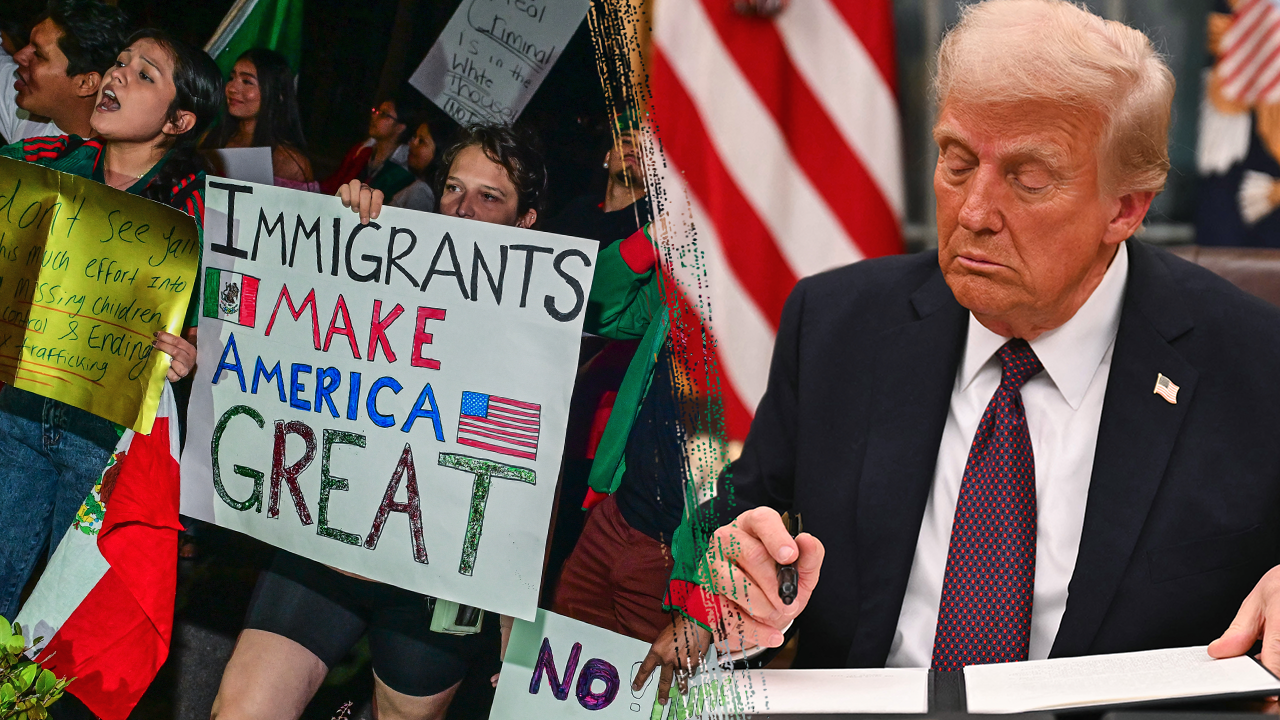Ending birthright citizenship would have drastic negative impact, its defenders warn

The Supreme Court recently heard a case surrounding President Donald Trump’s executive order aimed at ending birthright citizenship, a hotly debated topic that has sparked controversy across the nation. The case, which was primarily focused on the issue of universal injunctions, raised questions about the constitutionality of Trump’s order, titled “Protecting the Meaning and Value of American Citizenship.”
The executive order, set to take effect on February 20, directed U.S. agencies to cease issuing citizenship documents to children born to illegal immigrants or mothers on temporary visas if the father is not a permanent resident or U.S. citizen. This move by Trump was met with widespread opposition and led to a series of lawsuits from Democratic-led states and immigrants’ rights groups.
One such lawsuit, brought by 18 Democratic attorneys general, highlighted the potential harm that ending birthright citizenship could cause. They argued that hundreds of thousands of U.S.-born children could lose their citizenship due to circumstances beyond their control. Statistics show that approximately 150,000 children are born each year in the U.S. to noncitizen parents, underscoring the far-reaching impact of Trump’s executive order.
The American Civil Liberties Union (ACLU) also joined the legal battle, sharing the story of a couple from Indonesia residing in New Hampshire who would be affected by the order. The ACLU emphasized the risks faced by the couple’s unborn child, who would be considered an undocumented noncitizen under the new policy and potentially denied essential healthcare and nutrition.
Despite the Supreme Court’s initial focus on the issue of universal injunctions, concerns remain regarding Trump’s attempt to overturn over a century of legal precedent on birthright citizenship. The case has reignited debates over the interpretation of the Fourteenth Amendment and the fundamental rights of individuals born in the United States.
As the legal battle continues, more than 22 U.S. states and immigrants’ rights groups have challenged the executive order, labeling it as unconstitutional and unprecedented. The Supreme Court’s decision on the matter will have far-reaching implications for the future of American citizenship and the rights of individuals born in the country.
In conclusion, the case surrounding President Trump’s executive order on birthright citizenship has sparked intense debate and legal challenges, highlighting the complex and contentious nature of immigration policy in the United States. The outcome of this case will shape the landscape of citizenship rights for generations to come.




